
ACU launches EthicsFinder
News 18 NovemberA message from Deputy Vice-Chancellor (Ethics) Professor Hayden Ramsay: Explore our new ‘one-stop shop’ expertly curated search engine database: EthicsFinder.
24 September 2019
Share
People who pursue beauty, fame and money above other goals are less happy than those who want to improve the world, new research has found.
The research was conducted by Dr Emma Bradshaw at Australian Catholic University’s (ACU) Institute for Positive Psychology and Education.
Dr Bradshaw compared studies with more than 11,000 participants from several countries including, Australia, Hungary and the United States.
She said, “I found that people’s goals play an important part in how we feel about our lives. Goals like money, fame and beauty have a negative impact on wellbeing when they take priority over other goals.”
“Other goals, like having meaningful relationships and learning, are better at satisfying the human need to grow and experience love and enhance a feeling of wellbeing.
“The study found the happiest people had a desire to make the world a better place. In other words, it seems the less self-obsessed we are, the better off we may be.”
Dr Bradshaw said the happiest group did pursue goals like beauty and money but they were not the top priority.
“It’s all about priorities. We all know the sad stereotype of the beautiful, famous and super wealthy person who is unhappy,” she said.
“Popular culture and celebrity influencers on social media platforms like Instagram place a premium on material goals and beauty.
“But the research demonstrates that focusing on personal growth, close relationships, community giving, and physical health goals is more beneficial to your sense of wellness than goals for wealth, fame, and image above everything.”
The study found three different profiles of aspiration:
Profile 1:
This person prioritises beauty, fame and money goals and has the lowest wellbeing.
Profile 2:
This person places an emphasis on close relationships and has moderate wellbeing.
Profile 3:
This person has a high focus on making the world a better place and has the highest well-being.
“The differences between the profiles are thought to illustrate the benefits of increasing one’s integrative span,” Dr Bradshaw said. “In other words, it seems the wider our scope of concern for others, the better off we may be.”

A message from Deputy Vice-Chancellor (Ethics) Professor Hayden Ramsay: Explore our new ‘one-stop shop’ expertly curated search engine database: EthicsFinder.

The ACU Sustainability Report 2020 has been published and is available for you to read on the ACU website.
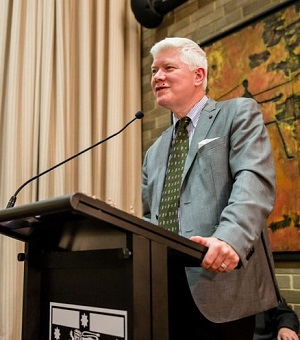
The expression ‘ethical dilemma’ has become overused and often applied without much if any thought about what it actually means

Professor Hayden Ramsay, DVC and Professor of Catholic Philosophy, presents a 12 part series of videos and articles in his Masterclass on Any Catholic University

The PM Glynn Institute has produced a report on palliative care within Australia

Lord Rowan Williams recently published book Tribalism's Troubles: Responding to Rowan Williams, launches in a virtual event held this week by the PM Glynn Institute

New ACU research is showing how busting a move via silent disco technology can boost the wellbeing of residential aged care residents with dementia.
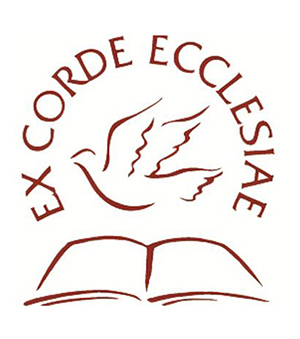
The 30th anniversary of Ex Corde Ecclesiae (From the Heart of the Church) is an opportunity for us, as Australia’s largest Catholic University, to reflect on our character and role.

It is a great treasure of the long papacy of John Paul the Great and an entry point to understanding ACU for staff of all faiths and traditions.

Australian Catholic University (ACU) has appointed Professor Zlatko Skrbis as the University’s next Vice-Chancellor and President.

Thirty scholarship students will be the first to undertake the new Bachelor of Arts (Western Civilisation) at Australian Catholic University’s (ACU) North Sydney Campus next year under a generous fund...

Australia's workforce, economy and society needs the capabilities of a humanities education: critical thinking, analytical and research skills, and the ability to grapple with and communicate complex ...

Some people don’t support Glasgow Rangers, mindfulness or Country and Western music. Everyone supports ethics; which doesn’t mean everyone fully understands ethics or always acts ethically, but it doe...

Are faith and reason in conflict, or do they illuminate one another? We tackle an age-old question with Professor Hayden Ramsay, a Catholic philosopher and ACU’s Deputy Vice-Chancellor, Coordination.
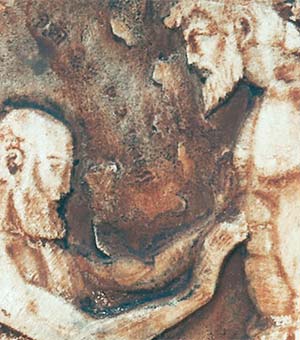
ACU’s exploration of advance care planning, which enables patient wishes to inform decisions made by families and medical professionals and to respect patient autonomy and dignity, has led to the deve...
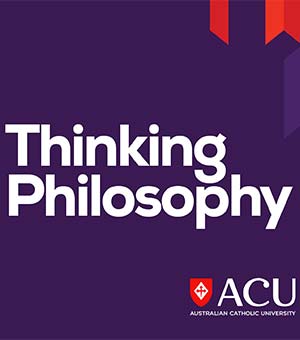
ACU last week launched Thinking Philosophy, a podcast exploring the research of our philosophers.

ACU expects to offer a new BA degree in Western Civilisation from 2021, after signing a Memorandum of Understanding (MOU) with the Ramsay Centre for Western Civilisation in Sydney today.
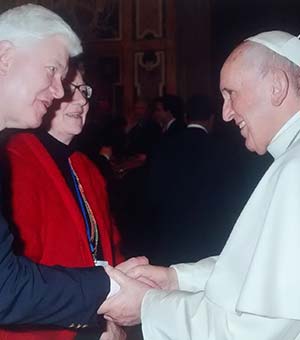
Leading British philosopher Professor John Haldane will join the Australian Catholic University this year to establish a new project to develop Catholic school education, situating this within a broad...

People who pursue beauty, fame and money above other goals are less happy than those who want to improve the world, new research has found.
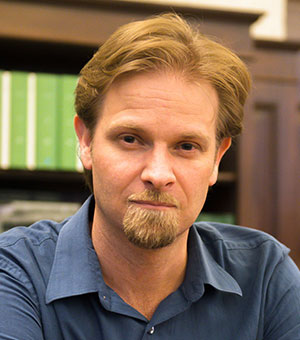
Professor Stephen Finlay has been appointed as the Director of a new institute dedicated to philosophical research at Australian Catholic University (ACU).